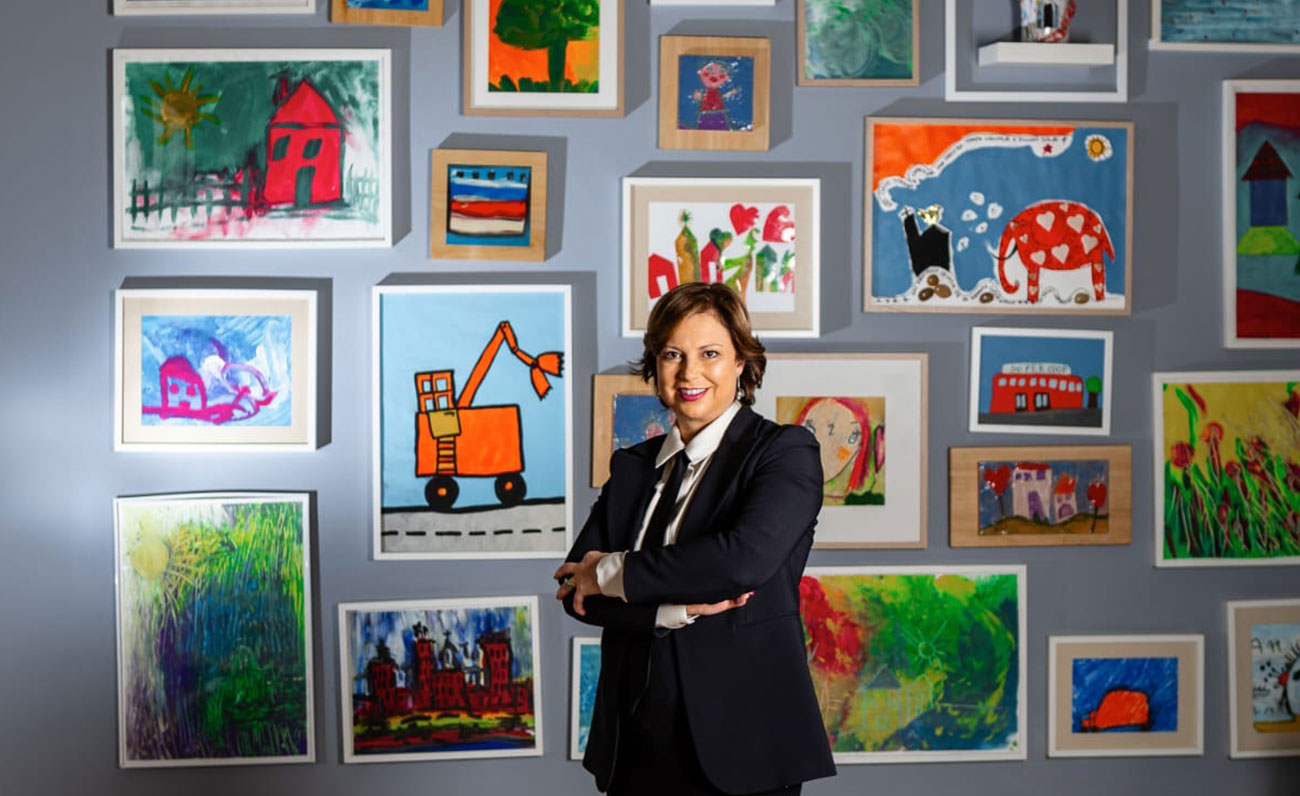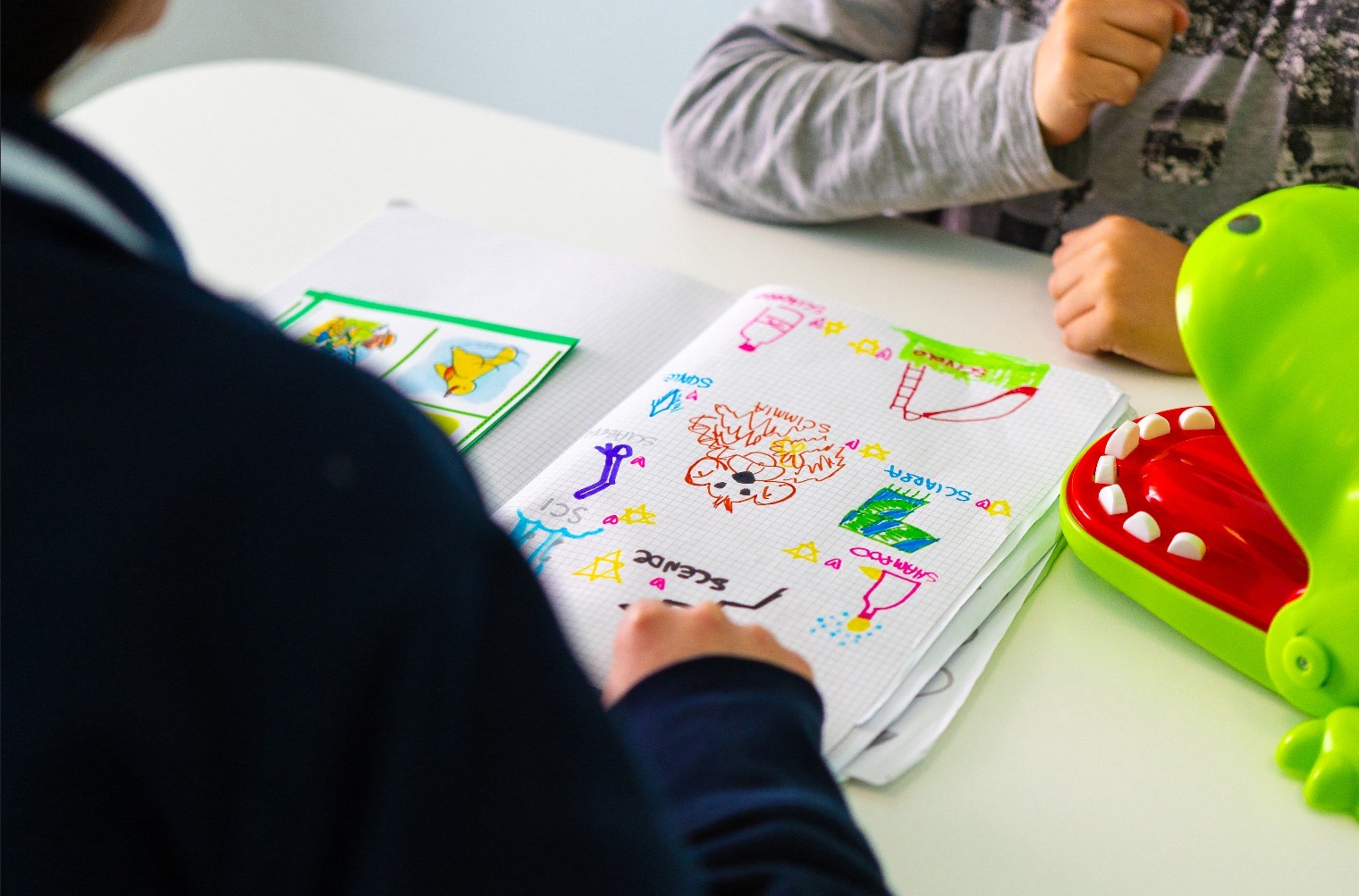The Serafico Institute of Assisi, on the occasion of the G7-Inclusion and Disability (from 14 to 16 October), will be a point of reference and welcome and will open its doors on 14 October for a day of inclusion and fun.
«If I could sit at the G7 table, the first thing I would do would be to tell the ministers to look at the person, as the UN Convention already provides; this is possible by changing the perspective so as to see the individual in all his dimensions. States are called upon to fill with opportunities what are sometimes the limits due to disability: a person with a disability encounters objective difficulties, which are not only linked to architectural barriers, they are often cultural limits due to the fact that services, sports, museums are not designed with everyone in mind; we must change the perspective. Furthermore, those with a very serious disability are often invisible» these are the words of Francesca Di Maolo, president of the Serafico Institute of Assisi.

Assisi and the Solfagnano Castle, from 14 to 16 October, will host the G7-Inclusion and Disability, desired by Minister Alessandra Locatelli. This is the first summit in the world dedicated to these issues and will try to shed light on aspects that involve many people in the world, also with the signing of a document (Solfagnano Charter) in which the priorities and commitments that the countries will take in the future will be made explicit.
For this occasion, the Serafico of Assisi – in particular on 14 October – will be a point of reference in the social-health network that has been organized around the event so as to best welcome all participants, guaranteeing entertainment and also those needs that are not necessarily health or medical.
That day the doors of the Institute will be open to everyone with a program full of activities. There will be art inside the cloister where people with disabilities, together with some artists, will be able to create a collective work that will have inclusion as its theme: «Art is a vehicle of communication for everyone and an extraordinary way to express talents; it is a powerful path of inclusion» explains the director.
There will also be spaces dedicated to sport, which is also a fundamental area in a person’s life: sport can be and – must be – a right for everyone. For this reason, the EISI (Italian Inclusive Sports Agency) has been invited and will set up a small field where it will be possible to test oneself. Finally, don’t miss the Freestyle motocross champion, Vanni Oddera with his mototherapy.
¬´All this serves to remind us how important the activities that accompany social and health care are: health, care and integration do not only pass through clinical and health aspects. The person with a disability is a person, so it is important to take into account that their well-being is realized through relational dimensions that concern the environment, nature, sport and art; if we want to take care of everyone’s life it is important to understand that fundamental rights are also expressed through the guarantee of all this. It is something we care a lot about” explains President Di Maolo.

The Umbrian three-day event has as its slogan: The right of all to full participation in civil, social and political life and Locatelli herself assured that: «It will not be a symbolic G7», for this reason the participating States are called to act concretely not only with subsidies and welfare policies: «The message that must be brought to light by the largest economies in the world is that the development of a State passes through inclusion. We need an economic system that includes and leaves no one behind: we do not only need welfare interventions, but a real participation that acts in a circular way; this way of acting should certify the development or otherwise of a country. A document that establishes the objectives to be achieved would also be useful because inclusion is a fabric that needs both vertical (from the States) and horizontal movements and everything must start from families who must be helped in this» concludes Di Maolo.

The Serafico Institute
The Serafico Institute for the deaf and blind (founded in 1871) is a non-profit ecclesiastical organization affiliated with the National Health Service that promotes and carries out rehabilitation, psychoeducational and social-healthcare activities for children and young adults with physical, mental and sensory disabilities. Currently, approximately 130 people are treated, of which 86 are residential and 20 are semi-residential. The institute carries out 2/3 assessments per week on patients who come from all over Italy. The Rehabilitation Center is open to a diversified public: athletes, physiotherapists and all those seeking personalized rehabilitation programs; everyone can follow a program that involves and integrates all areas, to achieve global rehabilitation.
Admission to the clinics occurs in two ways: through ASL authorization (the type and number of treatments is indicated in the assessment carried out by the NHS specialist) or privately. The mission is: “We take care of the person in his totality by combining ethical principles, scientific evidence and clinical experience”.
Per maggiori informazioni: www.serafico.org
Agnese Priorelli
Latest posts by Agnese Priorelli (see all)
- Trabalza and Jin, when photography perfectly blends different worlds and styles - June 19, 2025
- Cristiano Spilinga, naturalist: «The wolf is back. Bears that have been missing in Umbria since the late 1800s have been spotted» - May 27, 2025
- The Cannara onion: poor in the land, prestigious on the table - April 29, 2025

